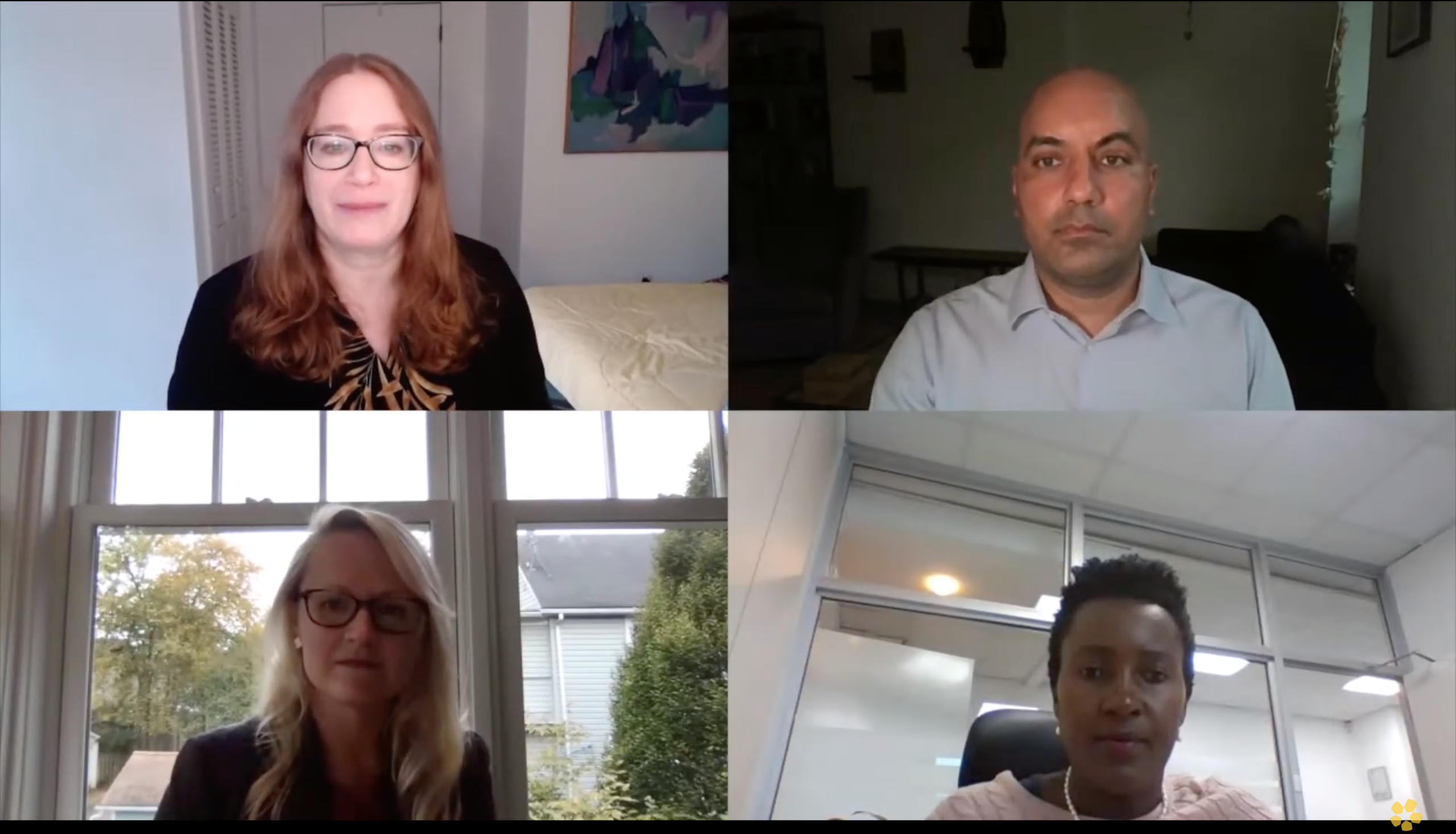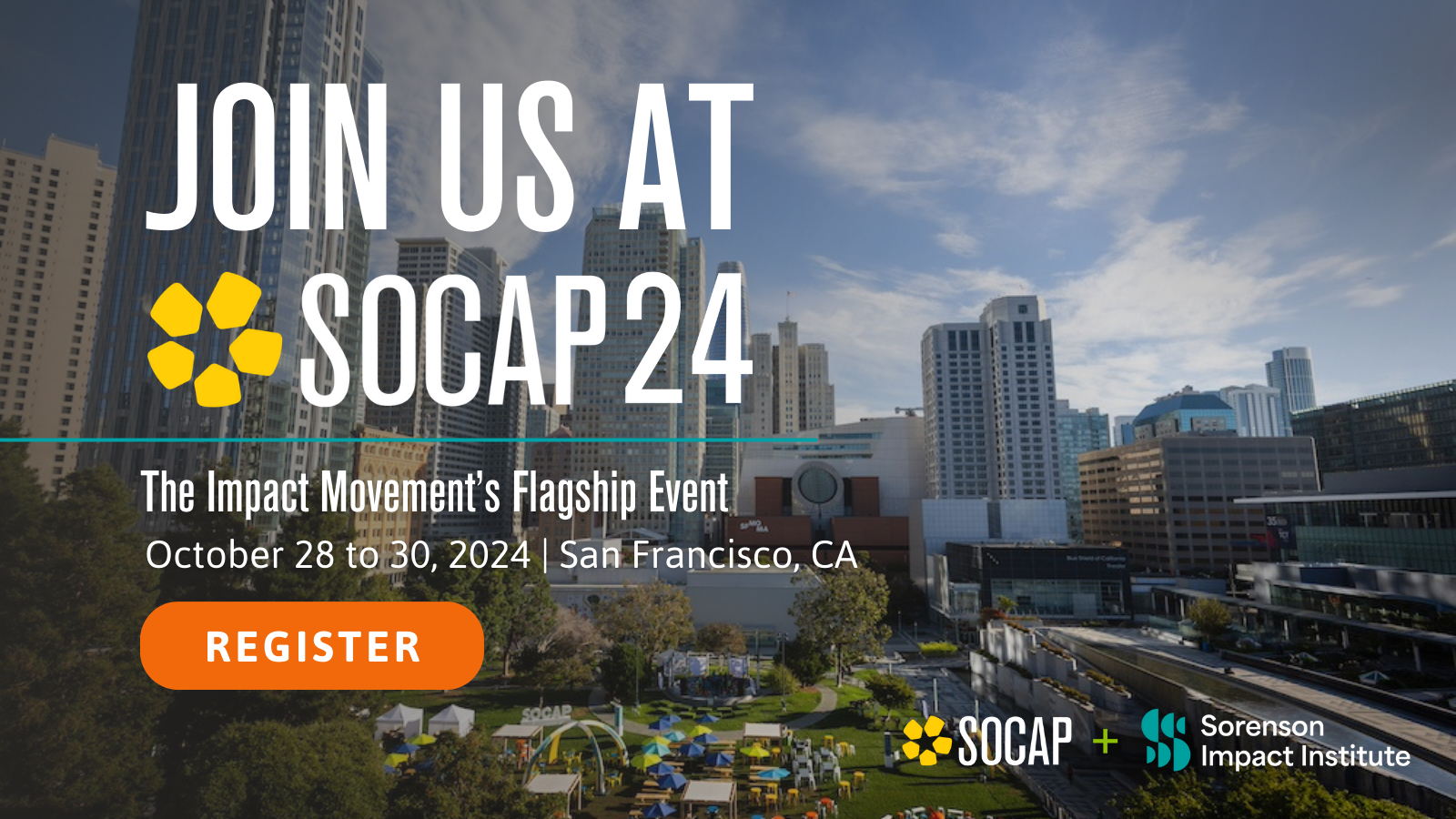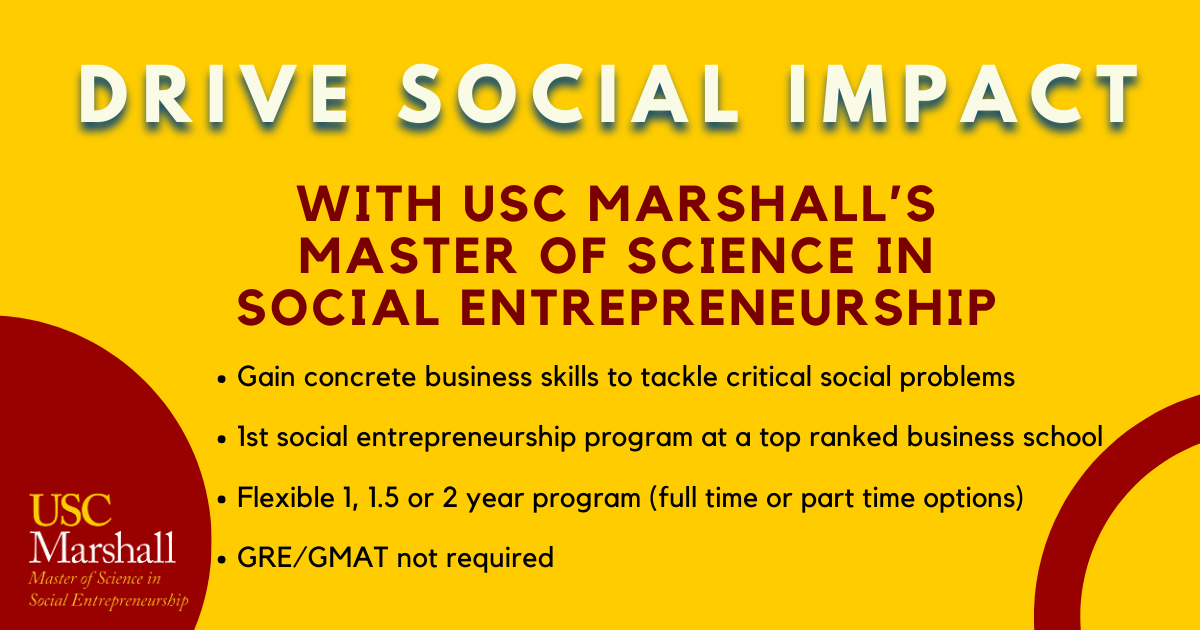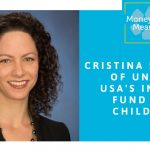Members of the R3 Coalition Discuss Why Collective Action Is Needed to Transform the Global Economy
The global economy has been and continues to be rocked by the coronavirus pandemic, with the brunt of the impact felt by already marginalized communities. In the face of such great challenges, the impact economy needs to come together to help aid an equitable recovery that doesn’t just return things to “business as usual,” in particular by directing capital to the most negatively affected communities.
Coalitions of impact organizations are being built to address these challenges and usher in an equitable economy, including the Response, Recovery, and Resilience Investment Coalition (R3 Coalition). The R3 Coalition arrives as a collaboration of twelve impact investing networks working to coordinate and accelerate impact investments in response to COVID-19. At SOCAP20 Virtual, a range of stakeholders participating in the R3 Coalition shared their motivations behind uniting, investor actions taken to combat the adverse effects of COVID, and an outlook on how impact investments can strengthen recovery and support future resilience.
The session brought together four speakers: Amit Bouri, CEO of the Global Impact Investing Network (GIIN), Meredith Shields, Managing Director at the Sorenson Impact Foundation, Audrey Obara, Head of Health at Swedfund, and Fran Seegull, President of the U.S. Impact Investing Alliance.
Seegull opened the discussion by talking about the scope of the many crises humanity is currently facing.
“Today it’s clear that we’re not in the midst of just one crisis but a number: COVID-19, the ensuing economic fallout, increasing awareness of systemic racism, and, of course, climate change,” she said. “So I suspect that this framework of the three R’s will continue to evolve alongside our changing circumstances perhaps reflecting the need to reimagine systems beyond achieving resilience.”
Bouri then explained the meaning behind the R3 Coalition’s name and how that ties into the coalition’s action plan, which is ongoing.
“The real orientation was around these three phases: the immediate response, the broader recovery, and how do we shape more resilience in the system as we emerge from the crisis,” he said. “We knew that would be a multi-year effort and one that involved impact investing in different ways along that trajectory.”
Shields emphasized that recovery efforts need to be collective rather than isolated. The R3 Coalition represents one effective way that members of the impact economy can take action.
“In the financial sector, we know there’s this sense of a proprietary deal or a proprietary process,” Shields said. “And in this moment, in this year, we can’t think that way. We need to work together, we need to move faster, put more money out the door. And the R3 Coalition — by bringing people together to share deals more broadly, to develop trust, to develop transparency — was able to do just that.”
Obara said Swedfund’s participation in the R3 Coalition has shown the organization the importance of collaborating to address large-scale challenges.
“Specifically in healthcare, you really need a broad range of stakeholders to come together to address all the issues of access, equitability, quality, and efficiency,” she said. “We must work together.”
Watch the full session above.







